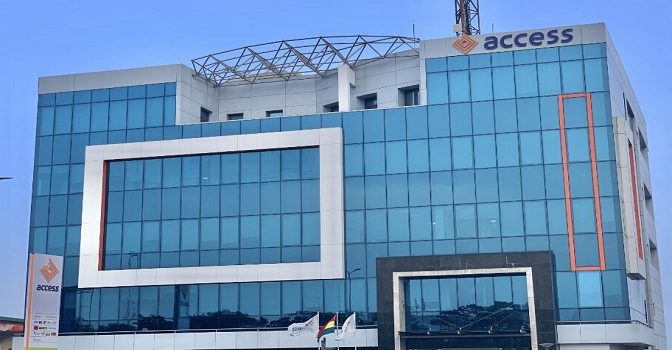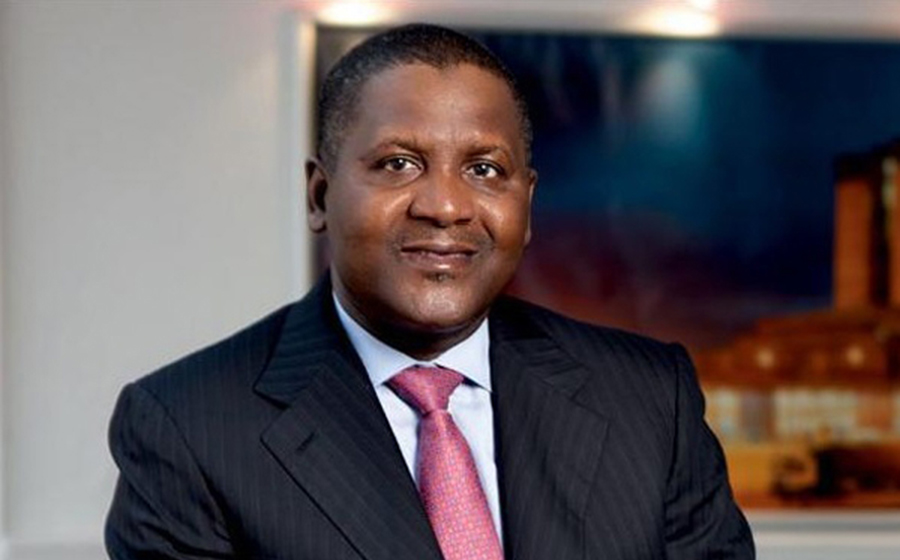Access Bank Group has launched an innovative solution in collaboration with Mastercard to expand access to cross-border payments and remittances to and from the continent, bringing Africa closer to the global economy.
By leveraging the network and treasury capabilities of Mastercard Move, Access Bank, through its cutting-edge Access Africa platform, shall empower individuals and businesses to enjoy instant, traceable, seamless, and cost-effective international transactions.
Effective today, the newly launched solution will be operational across Africa, with expansion plans in place for further penetration across the continent.
The solution offers a global gateway for businesses and individuals that are leveraging Access Bank Group’s deep understanding of the African markets and forward-looking vision that aims to realise customers’ aspirations through innovative product sets.
Stitching together Mastercard’s multiple complementary network assets and the treasury capabilities of Mastercard Move, this collaboration offers customers more choices with their payment means.
Cross-border remittances continue to play an important role in Africa’s economy, with flows to Sub-Saharan Africa increasing by approximately 1.9% in 2023 to $54 billion as a result of strong remittance growth in Mozambique, Rwanda and Ethiopia, with Nigeria accounting for 38% of the remittance flows.
In 2024, remittance flows to the region are projected to increase by 2.5%. B2B Cross Border payments serve as a lifeline to a large section of businesses who are reliant on regional and international trade to fuel the growth of the African economies.
“We are thrilled to collaborate with Mastercard to advance financial inclusion in Africa through the Access Africa initiative,” said Robert Giles, Senior Advisory, Retail Banking, Access Bank.
“By combining our strengths, we can unlock new opportunities, bridge the financial divide, and create a more inclusive and prosperous future for all Africans.”
Customers in Access Bank’s operating countries in Africa are now enabled to send and receive cross-border payments globally through and from various channels including bank accounts, mobile wallets, cards, and cash.
“Empowering Access Bank customers with innovative solutions that prioritize choice, security, and flexibility is an achievement that fills us with great pride. This collaboration signifies our commitment to transforming payment experiences as it not only brings cutting-edge payment solutions to the bank’s diverse clientele, but also extends the reach of Mastercard’s financial and digital ecosystem, ensuring millions from underserved communities can actively participate in the evolving financial and digital economy,” said Mark Elliott, Division President for Africa at Mastercard.
Fable Fintech, an Express Partner of the Mastercard Move Partner Program, was the technical implementation partner of the solution, effectively collaborating with both Access Africa and Mastercard Move experts.
Naushad Contractor, Co-Founder and CEO of Fable Fintech noted: “We were fortunate to be the fulcrum of the seamless multi-country integration of one of the largest banks in Africa using the network and resilience of Mastercard’s cross-border assets. We look forward to working on more innovative solutions that will empower the lives of African customers and businesses.”
This groundbreaking collaboration represents a significant step towards creating a more inclusive financial ecosystem in Africa, with both parties determined to continue actively leveraging their collective strengths, resources, and expertise to drive meaningful change and financial inclusion for millions across the continent.
Deputy Managing Director, Retail South, Access Bank Plc, Chizoma Okoli, said the bank will continue to look for partnerships that will enable it to achieve its strategic goals.
On whether AccessAfrica’s partnership with MasterCard will affect transaction fees or exchange rates, Chizoma said that the bank will abide by the CBN regulation and other regulators in countries where the bank operates in Africa.



















